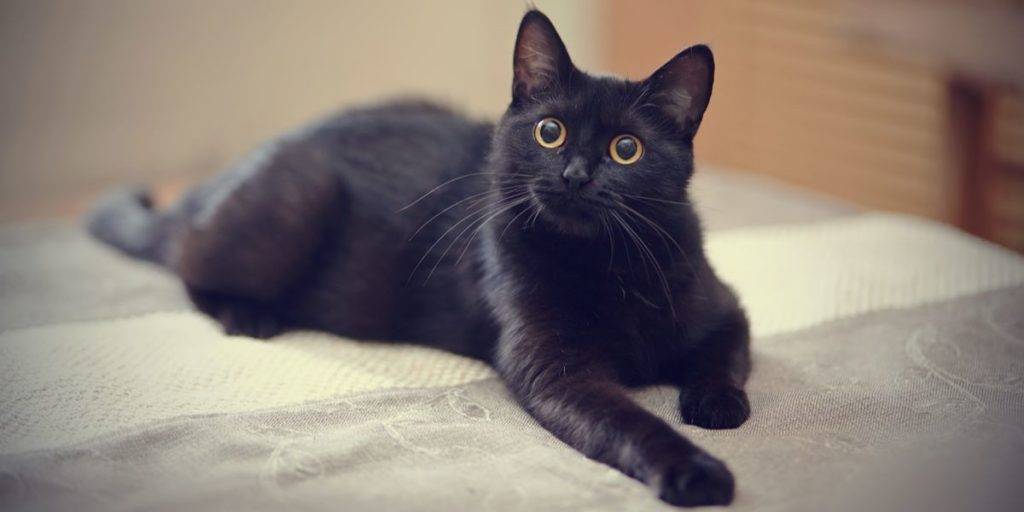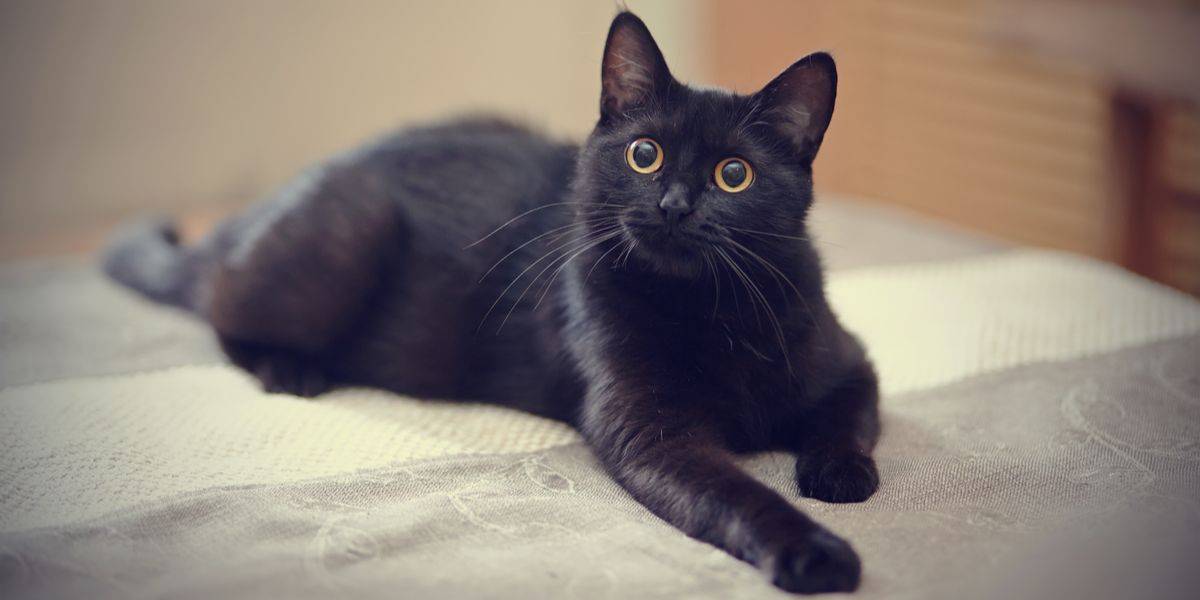Cats are fascinating creatures with unique physical characteristics that sometimes leave their human companions puzzled. Among the intriguing mysteries that can arise is the appearance of black balls on male cats. While it may initially raise concern, it’s important to understand the underlying reasons behind this phenomenon. In this article, we delve into the potential causes and shed light on why your cat’s balls may be black.


Why Are My Cats Balls Black?
- Normal Pigmentation:
First and foremost, it’s crucial to acknowledge that black or dark pigmentation in a cat’s testicles can be perfectly normal. Just as humans have variations in skin and hair color, cats can display differences in pigmentation as well. The melanocytes, responsible for producing melanin (the pigment responsible for skin and hair color), can result in darker hues on the scrotum.
- Breed-specific Traits:
Certain cat breeds, such as the Sphynx, Devon Rex, and Cornish Rex, are more prone to having darker scrotal pigmentation. These breeds often exhibit skin variations and unique coat patterns, which can extend to the genital region. Therefore, if your cat belongs to one of these breeds, the dark coloration may be an inherited trait rather than a cause for concern.
- Age and Hormonal Changes:
As cats mature, hormonal changes occur that can affect the color of their testicles. During puberty, the male hormone testosterone kicks in, leading to the development of secondary sexual characteristics, including changes in scrotal pigmentation. It’s not uncommon for a cat’s balls to darken as they reach sexual maturity, and this is typically nothing to worry about.
- Hyperpigmentation:
In some cases, cats may experience hyperpigmentation, resulting in a significant increase in melanin production. Hyperpigmentation can be caused by various factors, such as inflammation, hormonal imbalances, allergies, or underlying medical conditions. If the darkening of the scrotum is accompanied by other concerning symptoms, such as swelling, redness, or discomfort, it is advisable to consult a veterinarian for a thorough examination.
- Hygiene and Staining:
Occasionally, external factors can contribute to the black appearance of a cat’s testicles. Poor hygiene, urine staining, or exposure to substances like dirt or feces can discolor the scrotum. Maintaining proper grooming and cleanliness for your feline companion can help prevent external factors from affecting the coloration.
While the sight of black balls on a cat may initially raise questions or concerns, it’s essential to approach the matter with understanding and knowledge. Normal pigmentation, breed-specific traits, hormonal changes, hyperpigmentation, or external factors can all contribute to the darkening of a cat’s testicles. However, it’s crucial to monitor for any additional symptoms or changes in behavior that may indicate an underlying health issue. If you’re uncertain or worried about your cat’s scrotal coloration, consulting a veterinarian can provide the necessary guidance and reassurance to ensure your furry friend’s well-being. Remember, in most cases, black balls on a cat are just a natural and harmless part of their unique individuality.
What happened to Sky from Educating Essex?
Are Dogs Allowed In Kmart Australia?
Can A Woman Get Pregnant By A Horse?
Do Goldfish Crackers Expire?
What are the inputs and outputs of management information system?
What Colors Attract Snakes the Most?
This story originally appeared on Mostexpensivething

